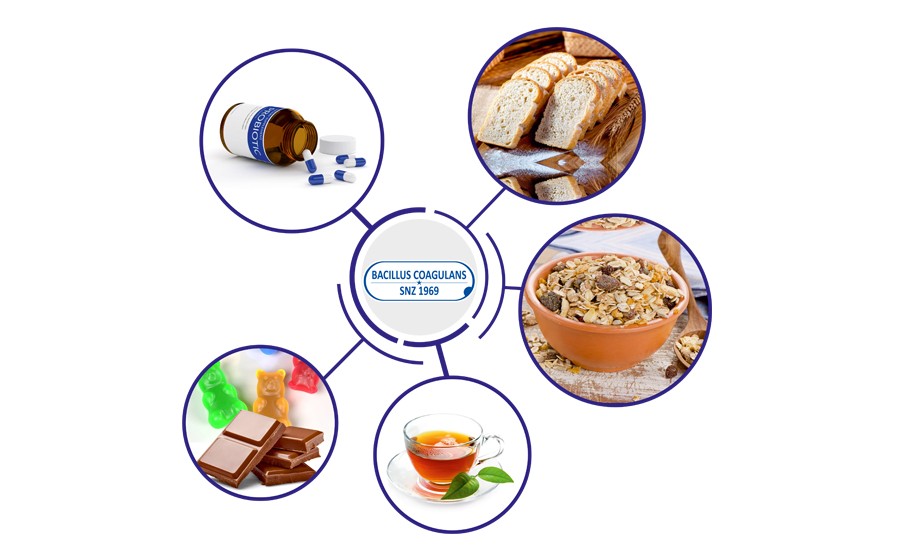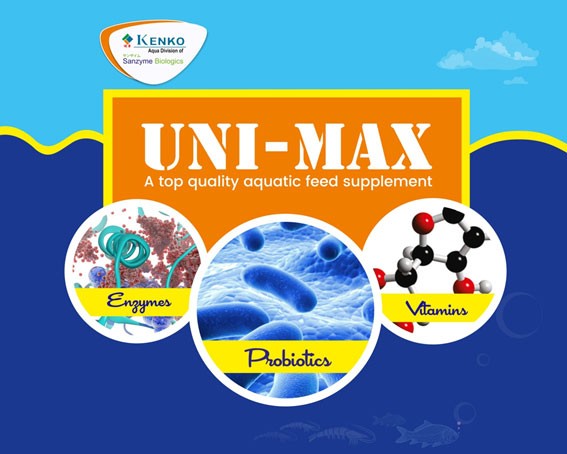During the unprecedented Coronavirus pandemic, we’ve seen a renewed focus on ways to “support your immune system.” The obvious question is: can probiotics, by helping your gut be as healthy as possible, also support your immune system? Although probiotics are proven to help digestion and optimal gut health, recent studies indicate probiotics also protect and enhance your immune system.
The primary reason probiotics, by strengthening your gut health, help your immune system function better is simple. Your gut and immune system have a symbiotic relationship. For example, 70-80% of your immune cells are located in your gut.The health of your gut directly impacts the overall health of your entire immune system.
Healthy guts make healthy immune systems. Conversely, compromised, unhealthy guts erode the effectiveness of immune system function. That leads to potentially more illnesses like common colds, flu, and many other infections – potentially even COVID-19.
Scientists have known for years that our microbiome helps keep overactive immune responses (leading to conditions like IBS(Irritable Bowel Syndrome) and other autoimmune diseases in check. However, they were still unsure of the exact mechanisms that drive this interaction.
Preventive Strategies against Viral Infections
Recently, the risk of viral infection has dramatically increased owing to changes in human ecology such as global warming and an increased geographical movement of people and goods. However, the efficacy of vaccines and remedies for infectious diseases is limited by the high mutation rates of viruses, especially, RNA viruses. Various strategies, such as those using vaccines and antibiotics, have been exploited for the prevention and treatment of infectious diseases, but infection control has not yet been achieved at a sufficient level.
It is generally acknowledged that the main prophylactic measures against these infectious diseases are vaccinations and everyday hygienic behaviors such as gargling and hand-washing. Nagatake et al. outlined that gargling with a povidone-iodine solution was effective to reduce the incidence of episodes of acute respiratory infections, since colonized bacteria were destroyed by gargling. Heijne et al. reported that enhanced hygienic measures including proper hand cleaning using soap and disposable paper towels effectively limited the transmission. Although vaccines are promising prophylactics against influenza infection, their efficacy is limited by the frequent and fast mutation of RNA viruses. In the present situation, without an effective vaccine or medicine, the prevention of viral transmission must rely mainly on basic measures including quarantine and thorough hand washing after physical contact.
With the progress of research on the relationship between the microbiota and diseases in recent years, commensal intestinal bacteria have been investigated for their ability to modulate the host immune system, not only in healthy individuals but also in those who are suffering from a wide range of diseases. It has been revealed that commensal bacteria also regulate regulatory T cells, type 3 innate lymphoid cells, and T helper 17 cells through the recognition of the bacteria themselves or their metabolites/products by the immune cells and greatly affect mucosal immunity.
Probiotics act on both the innate and acquired immune systems and have the potency to decrease the severity of infections in the gastrointestinal and upper respiratory tracts. Probiotics are defined as live microorganisms that have health benefits for the host, and they are generally consumed as a component of fermented foods such as yoghurt, cheese, and pickles or as supplements.
For example, oral administration of Saccharomyces boulardii and rehydration significantly shortened duration of diarrhea in acute rotavirus gastroenteritis children in Bolivia, compared with control rehydration alone. Detailed mechanism was not available.
Enhancing host intestinal immune responses may be an important mechanism for Saccharomyces boulardii -mediated protection against diarrheal illnesses.
Also, most pathogens enter the body through mucosal surfaces. Mucosal immunization, a non-invasive needle-free route, often stimulates a mucosal immune response that is both effective against mucosal and systemic pathogens. The development of mucosally administered heat-stable vaccines with long shelf life would therefore significantly enhance immunization programs in developing countries by avoiding the need for a cold chain or systemic injections. Currently, recombinant vaccine carriers are being used for antigen delivery. Engineering Bacillus subtilis for use as a non-invasive and heat stable antigen delivery system has proven successful. Bacterial spores protected by multiple layers of protein are known to be robust and resistant to desiccation. The use of Bacillus subtilis to express antigens that can be administered either intranasally or sublingually is providing new insights in the area of mucosal vaccines
(Hum Vaccin Immunother. 2012 Jul 1; 8(7): 979–986.)
In February, 2020, China’s National Health Commission and National Administration of Traditional Chinese Medicine suggested the use of probiotics in patients with severe COVID-19.
(Lancet Gastroenterol Hepatol.2020 Published Online April 24, 2020)
Conclusion
Probiotic treatment is a promising research arena in the medical sciences, since probiotics alone, or together with prebiotics, have potential in the modulation of gut microbiota and immune responses in the host. However, a number of scientific reports are identical in terms of the role of probiotics in preventing obesity, inflammatory diseases, and cancer. Probiotics have a positive influence on the innate immunity, exerting several antiviral properties. Although there are insufficient research publications regarding how probiotics induce immunomodulatory effects. Preliminary data obtained by various research laboratories have been encouraging, but numerous randomized clinical studies will be required to clearly establish the potential of probiotics in preventing and treating various diseases. Such studies will allow identification of the probiotics that are best suited to various diseases.





